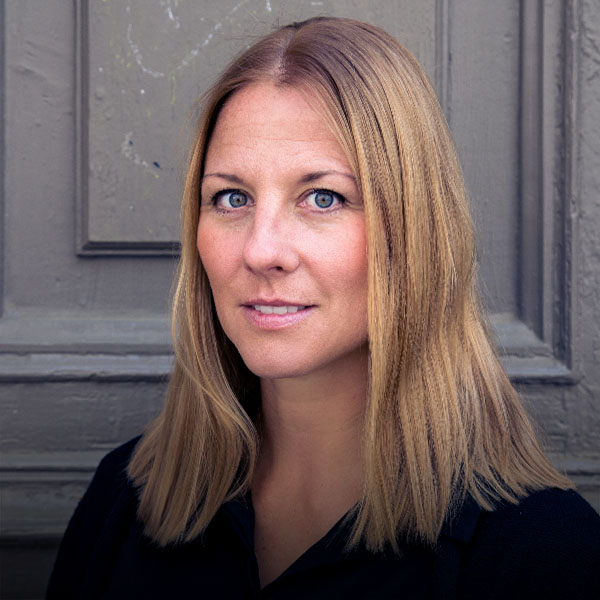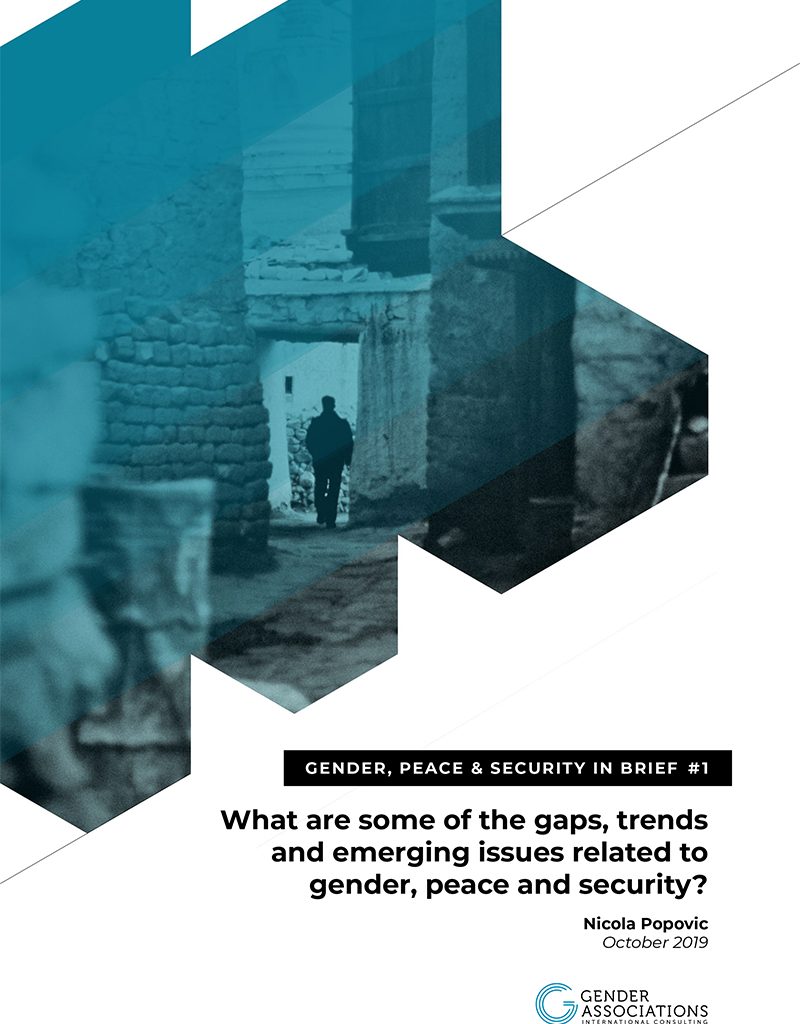The Geneva WPS FPN meeting was held from 18-19 June and focused on the theme of “Partnering for Change – Translating the Women, Peace and Security Agenda into Action,” under the leadership of the current Co-Chairs, Switzerland and South Africa, and the coordination of the FPN Secretariat, housed by UN Women.
The implementation of the Women, Peace and Security Agenda remains highly relevant, as the world continues to struggle from the impacts of the COVID-19 pandemic and persisting and new conflicts and crises affect the lives of millions, such as in Afghanistan, Mali, Myanmar and Ukraine, among others, for example. These contexts continue to require more comprehensive and inclusive solutions to restore and maintain peace and uphold the human rights of all persons. Preventing conflict and violence, guaranteeing protection, especially for the most vulnerable, and ensuring the equal and meaningful participation of all members of society in decision-making around issues of security and governance are some of the key pillars of the Women, Peace and Security Agenda.
As Gender Associations, we consider this agenda central to our work and values. In addition to supporting different governments to implement the WPS agenda more effectively, we also work with CSOs and international organisations to enhance capacities and analyse current crises and conflicts in search of realistic, sustainable and viable solutions towards peace and security for all. Gender Associations has been working closely with UN Women to support its work as the WPS FPN Secretariat. As part of this partnership, Miki Jacevic, Gender Associations Lead Associate, facilitated the working group session at the Geneva meeting on “WPS action plans -responding to conflict and crisis situations“. Some of the resulting recommendations from the working group session have been included in the meeting’s joint communique. Gender Associations will continue to support the WPS FPN Secretariat by holding a series of webinars and producing guidance notes on relevant NAP-related topics to support capacity-building, knowledge sharing and dissemination of good practices amongst the Network’s members.
Photo © WPS Focal Points Network


